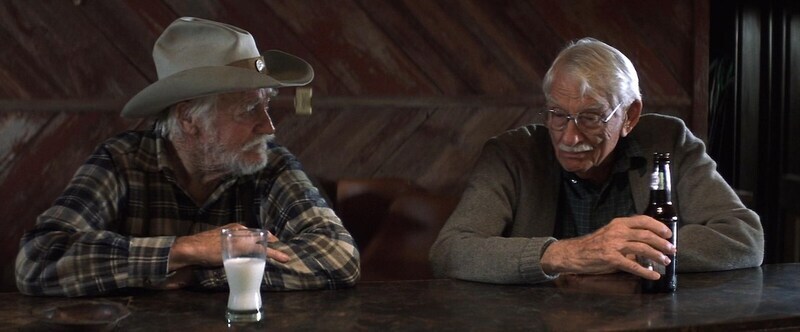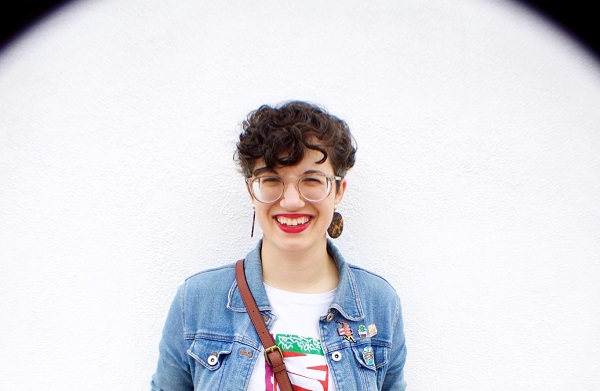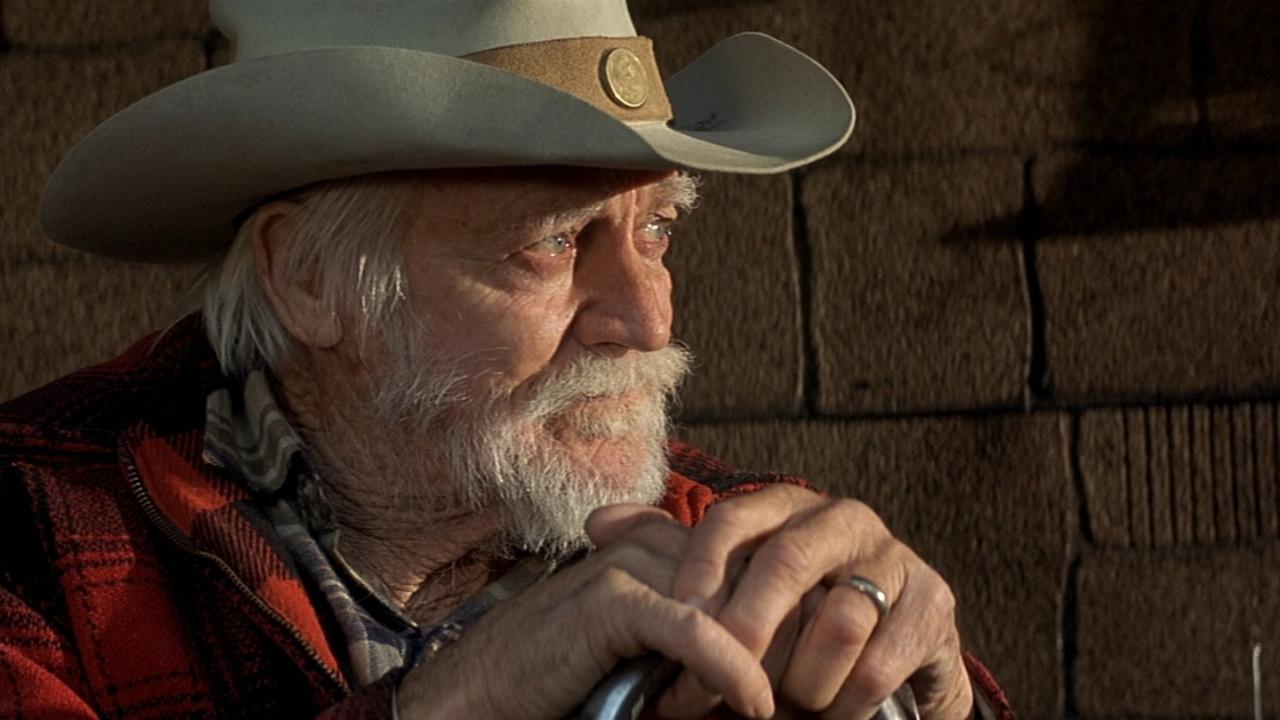On the surface, “The Straight Story” seems like an anomaly in David Lynch’s filmography. Lynch himself famously referred to it as his “most experimental film,” and its placement on the timeline seems to back that up. Released in 1999, the film lands right between “Lost Highway” and “Mulholland Drive,” both R-rated neo-noirs set in L.A. that bear Lynch’s trademark surrealism. “The Straight Story” is a G-rated Disney release based on a true story about a man riding his lawnmower from Iowa to Wisconsin to visit his sick brother. It was filmed in chronological order, following Alvin Straight’s actual route. Based on those factors, “anomaly” doesn’t begin to cover it.
Somehow, and thank goodness, Straight’s interstate mower trip clicked with Lynch’s longtime producer and editor Mary Sweeney in the mid-’90s, who knew Lynch was right for the material. Sweeney was so committed to getting the movie made that even though the rights were spoken for, she waited four years for them to become available again. Sweeney then produced “The Straight Story” and co-wrote the script, thinking it would appeal to the emotional side that Lynch displayed in 1980’s “The Elephant Man.” “David’s films connect with audiences through his characters’ struggles with darkness and confusion,” Sweeney told The Telegraph in 2017. “A less obvious, but very powerful dimension of that struggle, is a hunger for love and dignity.”
These are the elements that align “The Straight Story” with the rest of Lynch’s artistic output. Like many of the director’s other films, the journey of Richard Farnsworth’s Alvin Straight, a 73-year-old World War II veteran, and those of the people he meets, address that same struggle of darkness and confusion, and the desire for dignity. It looks at the secrets and life details that define us, but aren’t often discussed. That deeply empathetic narrative approach in turn makes “The Straight Story” a great film for our current moment, as we try in the wake of great division to understand each other again.

In Lynch projects like “Blue Velvet,” “Wild at Heart,” “Twin Peaks” or “Twin Peaks: Fire Walk with Me,” the director’s close witness and interest in inner struggle reveals deep brokenness, usually in some form of trauma or evil (either human or supernatural). In a way, this also permeates “The Straight Story.” The brokenness here isn’t salacious or strange—much of what we learn is downright ordinary—but it is frequently sad. Lynch, Sweeney, and her co-writer John Roach use a familiar lens to make us think about how specific life experiences create the people we see every day.
Lynch sets up this expectation of exploring hidden emotional corners in the film’s first scene, in which Farnsworth’s Alvin has a fall. It bears a striking similarity to the opening of “Blue Velvet,” where Kyle MacLachlan’s father has a stroke while watering the lawn. Like “Blue Velvet,” Lynch moves from establishing shots of the town to Alvin’s front yard, complete with a pair of white clapboard houses before we hear Farnsworth fall from inside. This might seem like an odd callback, but it sets us up to consider that, like “Blue Velvet,” there’s more going on here than what we’re seeing.
As “The Straight Story” unfolds, and Alvin takes off on his lawnmower journey to visit his brother Lyle (Harry Dean Stanton), we learn some of that hidden information. Through his conversations with others, we discover Alvin has seven children, and that his developmentally disabled daughter Rose (Sissy Spacek) had kids of her own who were taken away. The movie’s nearly over by the time we hear the tragic details of Alvin’s experience in WWII. Sweeney and Roach’s script dispenses information slowly and without judgment, much like the process of getting to know a real person.

Alvin also listens to the stories and frustrations of the people he meets, and in his doing so “The Straight Story” expands its portrait of life in the rural midwest. There’s the woman who loves deer but seems cursed to hit one every day on her way to work; a pregnant runaway; a group of cyclists on a long-distance ride. All of them are people you’ve worked with, or attended high school with, or see getting coffee at McDonald’s every Wednesday. They are shockingly normal, but each of their stories carries significance.
The film’s empathy even extends to the landscapes threaded throughout Alvin’s encounters. It would be easy to characterize the scenery of the midwest as plain, but Lynch and cinematographer Freddie Francis make it sing. The bright gold and green fields of wheat and corn have sculptural curves. The trees feature a cozy melange of orange, red, and yellow. In Roger Ebert’s own review of the film, he accurately described the Angelo Badalamenti score accompanying these images as “a sad and lonely song, and we are reminded not of the fields we drive past on our way to picnics, but on our way to funerals, on autumn days when the roads are empty.”
This all adds up to a film that considers not just its location and characters, but the experiences that shape them. “The Straight Story” understands its characters’ circumstances as both systemic and personal, an approach with wide-reaching implications beyond the setting it depicts. Alvin isn’t the only emotionally scarred WWII veteran in existence. Lots of people also hit deer on country roads, or are thrown a curveball they aren’t ready to deal with. Even so, these experiences build up inside a person, and shape beliefs and life trajectories. They’re also the kinds of stories we never know about unless we think to ask.
While “The Straight Story” isn’t immediately the kind of movie one would associate with Lynch, it’s clear that his approach to making this film was necessary to communicate the emotions and the kindness that it does. “The Straight Story” reminds us that everyone’s beliefs come from somewhere, and it’s worth trying to find out what that “somewhere” is. When we engage with perspectives we have limited understanding of, we can find unifying experiences that help us see each other as full human beings worthy of dignity. Everyone carries beauty, darkness, fear and joy. All of it is worth knowing.
“The Straight Story” is now playing on Disney+.












